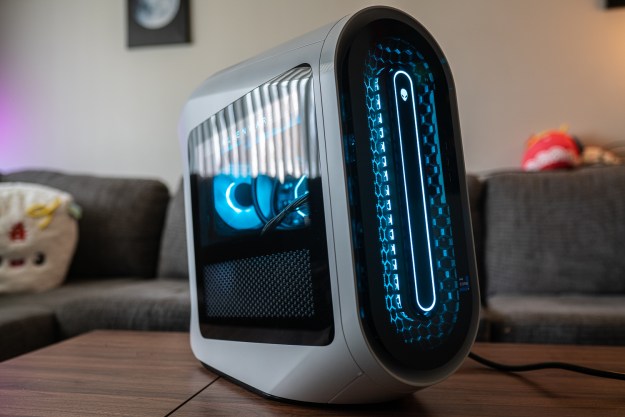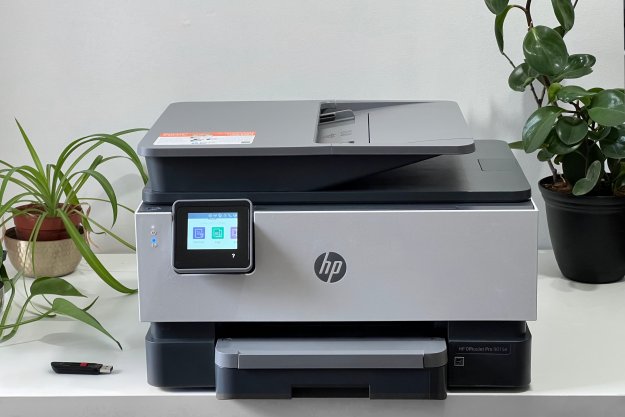Roughly three out of four parents check their children’s online social activity on a regular basis, according to a survey by Truste. The privacy organization found that 72 percent of parents surveyed monitor their teen’s social networking accounts, with 50 percent checking weekly and 35 percent checking on their sons or daughters daily. 82 percent wish they could delete information on their teens’ accounts or exert more control.

Teenagers still appear to have a leg up on their parents, however. Only 18 percent of those surveyed have been embarrassed or disciplined because of an online posting and 80 percent have used privacy settings to hide content from friends and parents. Teens also show immaturity where it relates to accepting friend requests on social networks like Facebook. 68 percent have accepted friend requests from people they don’t know, with 8 percent accepting every friend request they receive–promising statistics for Stacy Stalker and Peter Pedophile.
“The data clearly shows that parents place the utmost importance on their teens’ online privacy and control of their personal information,” said Fran Maier, President and Executive Chair at Truste. “But, protecting the privacy of teens on social networks is not easy as they can be technically adept, have strong motivations to connect widely, and don’t yet have the maturity to look out for their long term interests.”
Facebook is the most popular social networking site among teens surveyed. 95 percent of parents and 90 percent of teens had accounts on the site.
“Educating teens about online safety and digital citizenship is a responsibility shared by parents, safety advocates, services like Truste, and companies like Facebook,” said Joe Sullivan, Facebook’s Chief Security Officer. “We’re thrilled to see the positive ways that teens and parents are engaging with social networks, and will continue to work with Truste and others to develop innovative and robust solutions to keep teens safe.”
Advice for Parents
Worried about your teen’s online habits? Truste has a few tips for parents. The organization recommends parents learn about social networking sites and technology by trying it themselves, advise teens on what information should be private, and talk about the importance of strong passwords. Good advice, though parents might want to watch their teenagers’ texting habits as well.
The Onion’s Today Now! program has a great segment on how parents can best utilize social networks. SNL also tackled the subject in recent weeks.


